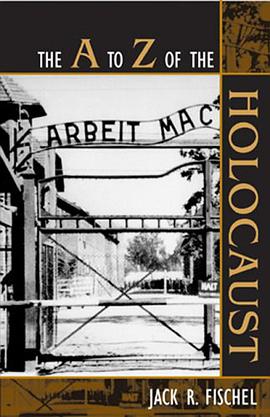

"Crime and the Administration of Justice in Buenos Aires, 1785-1853", analyzes the emergence of the criminal justice system in modern Argentina, focusing on the city of Buenos Aires as a case study. It concentrates on the formative period of the postcolonial penal system, from the installation of the second Audiencia (the superior justice tribunal in the viceroyalty of Rio de la Plata) in 1785 to the promulgation of the Argentine national constitution in 1853, when a new phase of interregional organization and codification began. During this transitional period, basic features of the modern Argentine criminal justice system emerged. Osvaldo Barreneche studies these characteristics in detail: the institutional subordination of the judiciary; police interference and disruption in the relationships between the judiciary and civil society; the manipulation of the initial stages of the judicial process by senior police officers; and the use of institutionally malleable penal-legal procedures as a punitive system regardless of the judicially evaluated outcome of criminal cases. Through analysis of criminal cases, Barreneche shows how different interpretations of liberalism, the changing roles of the new police and the military, and the institutionalization of education all contributed to the debate on penal reform during Argentina's transition from colony to state. Only through understanding the historical development of legal and criminal procedures can contemporary social scientists come to grips with the struggle between democracy and authoritarianism in modern Argentina. Osvaldo Barreneche is an associate professor of history at the Universidad Nacional de La Plata in Argentina.
具體描述
讀後感
評分
評分
評分
評分
用戶評價
相關圖書
本站所有內容均為互聯網搜索引擎提供的公開搜索信息,本站不存儲任何數據與內容,任何內容與數據均與本站無關,如有需要請聯繫相關搜索引擎包括但不限於百度,google,bing,sogou 等
© 2025 qciss.net All Rights Reserved. 小哈圖書下載中心 版权所有




















